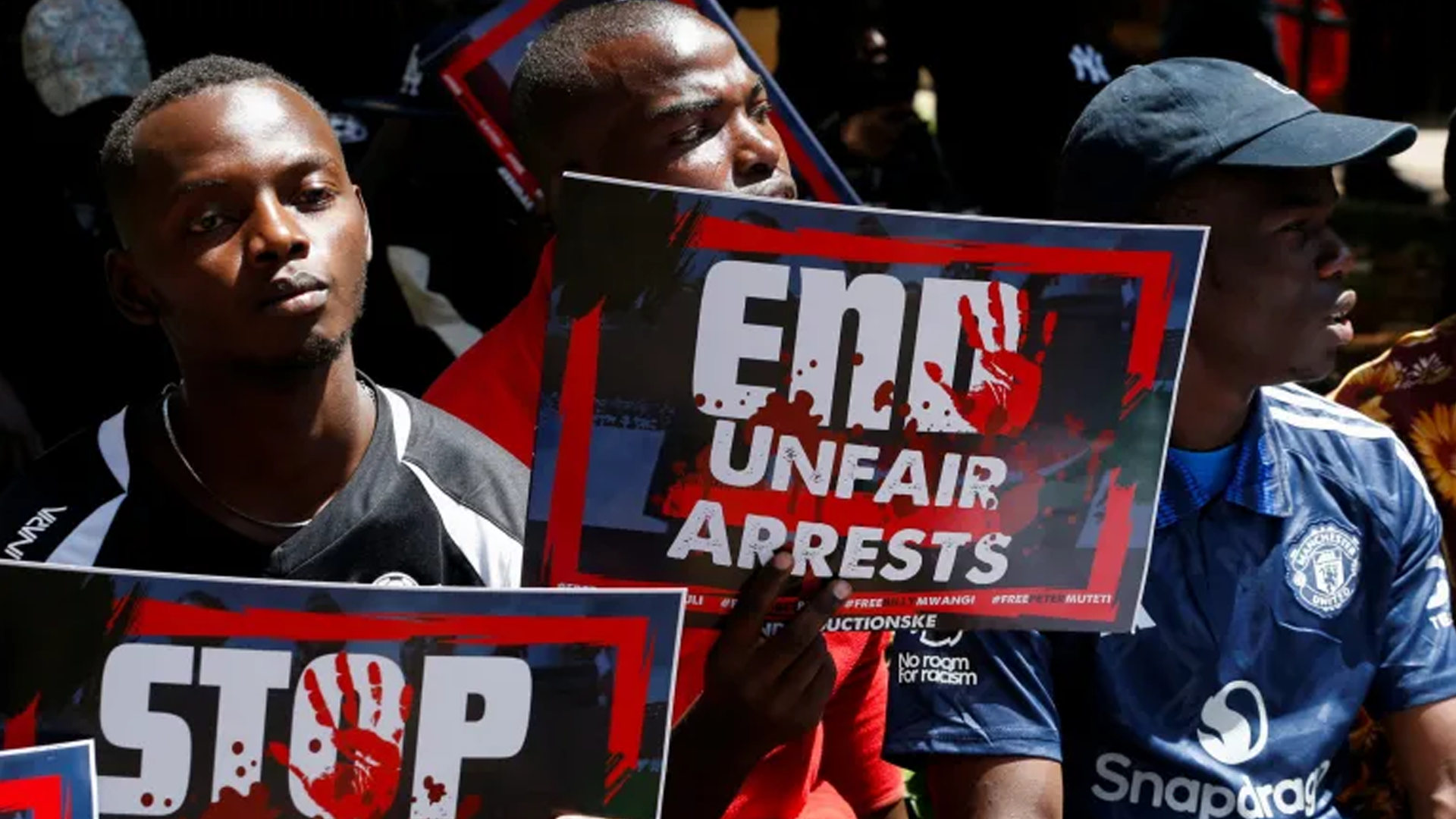Kenya has been gripped by a chilling wave of abductions targeting young people, particularly Gen Z, whose voices have been at the forefront of activism and dissent.
According to the Kenya National Commission on Human Rights (KNCHR) report, more than 85 young Kenyans have been abducted, with 29 still missing and some confirmed dead – since the Gen Z led protests in June last year.
The recent surge in Kenya’s abductions reached tipping point last week when six vocal Gen Z activists, who had used the X platform (formerly Twitter) to criticize the government during the festive season, were abducted.
The individuals known for rallying online communities and exposing government failures and criticizing the president, were forcibly taken by unidentified people. After two weeks of mounting public pressure and outcry, five of the activists were released alleging torture from their abductors. However, the KNCHR confirms the government was behind their disappearances.
Disturbingly, the trend is not confined to Kenya’s borders, either. Local reports indicate that political activists from Uganda, Tanzania, and other nations, often seeking refuge in Kenya, have been abducted within Nairobi and subjected to torture. These cross-border incidents confirm a regional dimension to the crisis, with implications for freedom of expression across East Africa.
Amnesty International Kenya has raised alarms about these acts, terming them ‘a direct attack on democracy and the fundamental rights of citizens to voice their concerns.’ Despite these warnings, government officials have largely remained silent and openly dismissed the allegations as baseless, deepening the frustration and fear among citizens.
For Kenya’s youth, these abductions represent a brutal reminder of the lack of freedom of speech under the current regime. Social media platforms, particularly X, have become hunting grounds for the young voices daring to criticise the government. Many young Kenyans now fear that their online presence could make them targets.
Over the years, Kenya has been known as a leader in matters of human rights on the continent. However, the rising abduction cases of young people and threats from government officials dim the progress of the nation to respecting the lives of the people.
According to the Human Rights Watch, abduction and killing of foreign nationals cases end up being terminated in court over insufficient evidence.
International human rights bodies such as the African Commission on Human and Peoples’ Rights (ACHPR) have called for accountability, urging the Kenyan government to open investigations on the disappearances and ensure the safety of Kenyans. Action has yet to be taken.
The plight of Kenya’s Gen Z activists has sparked solidarity movements across the globe. Campaigns continue to gain traction, shining a light on the dark realities faced by young Kenyans striving for a brighter future.
These campaigns aim to pressure both local and international leaders to act decisively against the ongoing abductions and restore faith in the rule of law amongst citizens.
As it stands today, however, the principles of democracy and human rights in Kenya hangs in a balance.

















